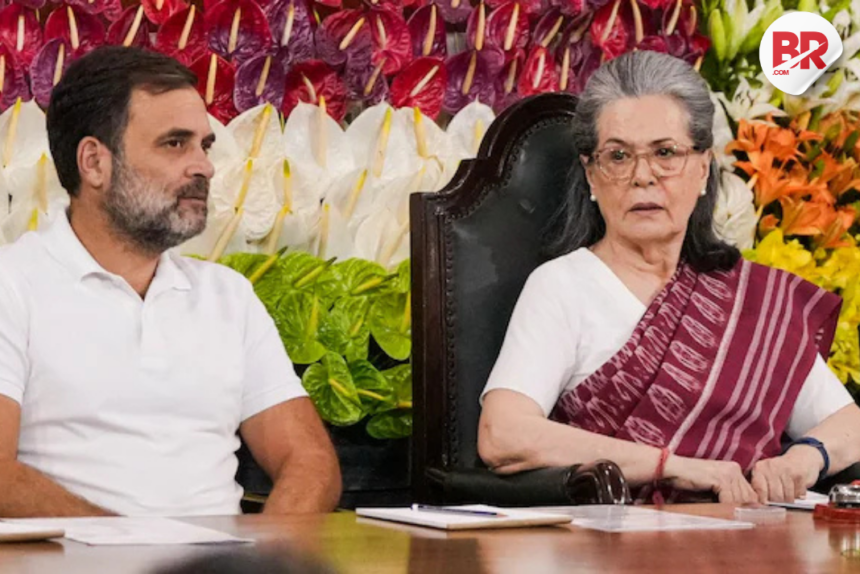When politics and law collide, the fallout shakes the nation. The National Herald case is doing just that.
The National Herald case is once again grabbing national attention and sparking political drama across India. With the Enforcement Directorate (ED) now naming senior Congress leaders Sonia Gandhi and Rahul Gandhi, the situation has quickly turned into a high-stakes political showdown.
What Is the National Herald Case?
The case centers around alleged financial misconduct in the takeover of Associated Journals Limited (AJL), which published the now-defunct National Herald newspaper. The company was taken over by Young Indian Private Limited—a firm where Sonia and Rahul Gandhi hold major stakes.
The BJP claims the Gandhi family used this setup to grab property worth crores for a token amount. They argue it was a backdoor deal with serious legal and ethical concerns.
However, the Congress party strongly denies any wrongdoing. They say the transactions were legal and transparent, aimed at reviving a legacy institution—not personal gain.
Key Players and the Core Conflict
Here’s a quick look at the central figures and issues:
- Sonia Gandhi & Rahul Gandhi – Accused by the ED, deny charges.
- Congress Party – Claims it’s a political vendetta.
- BJP – Backs the probe, says law is taking its course.
- ED (Enforcement Directorate) – Leading the investigation.
- AJL & Young Indian – At the heart of the financial controversy.
The conflict is not just about money. It’s about political survival, public image, and control over the narrative.
Also Read: ED Moves to Seize Gandhis’ Rs 700cr Assets: Is This the Beginning of the End for Congress?
Political Fallout: Heated Protests and Media Frenzy
Following the ED’s actions, Congress leaders took to the streets. They staged protests outside ED offices and accused the ruling BJP of weaponizing central agencies to silence opposition voices.
On the other hand, BJP leaders argue that no one is above the law. They say the investigation is fair and fact-based, not politically motivated.
Meanwhile, social media has become a battleground. Some users believe the Gandhis are being unfairly targeted, while others demand accountability and a full investigation.
This polarization mirrors a broader political divide in the country—making the National Herald case a flashpoint in Indian politics.
More Than Just One Controversy
As the National Herald issue heats up, other fires are also burning. Protests against the Waqf Act are growing in some states. Citizens are questioning the management of religious properties and demanding transparency.
Combined with the ongoing economic issues and social unrest, these developments are creating a stormy political climate just months before crucial state elections.
Also Read: Haryana Land Deal: ED Summons Robert Vadra for Key Testimony – What Will He Reveal?
What Lies Ahead?
The case is far from over. Legal proceedings will continue for months, if not years. The ED may file more charges, and the courts will eventually decide if the allegations hold weight.
Politically, both Congress and BJP are using the situation to rally their support bases. Expect more fiery speeches, media campaigns, and public demonstrations in the coming weeks.
But one thing is clear—this is not just a legal case. It’s a high-voltage political saga with far-reaching implications.




